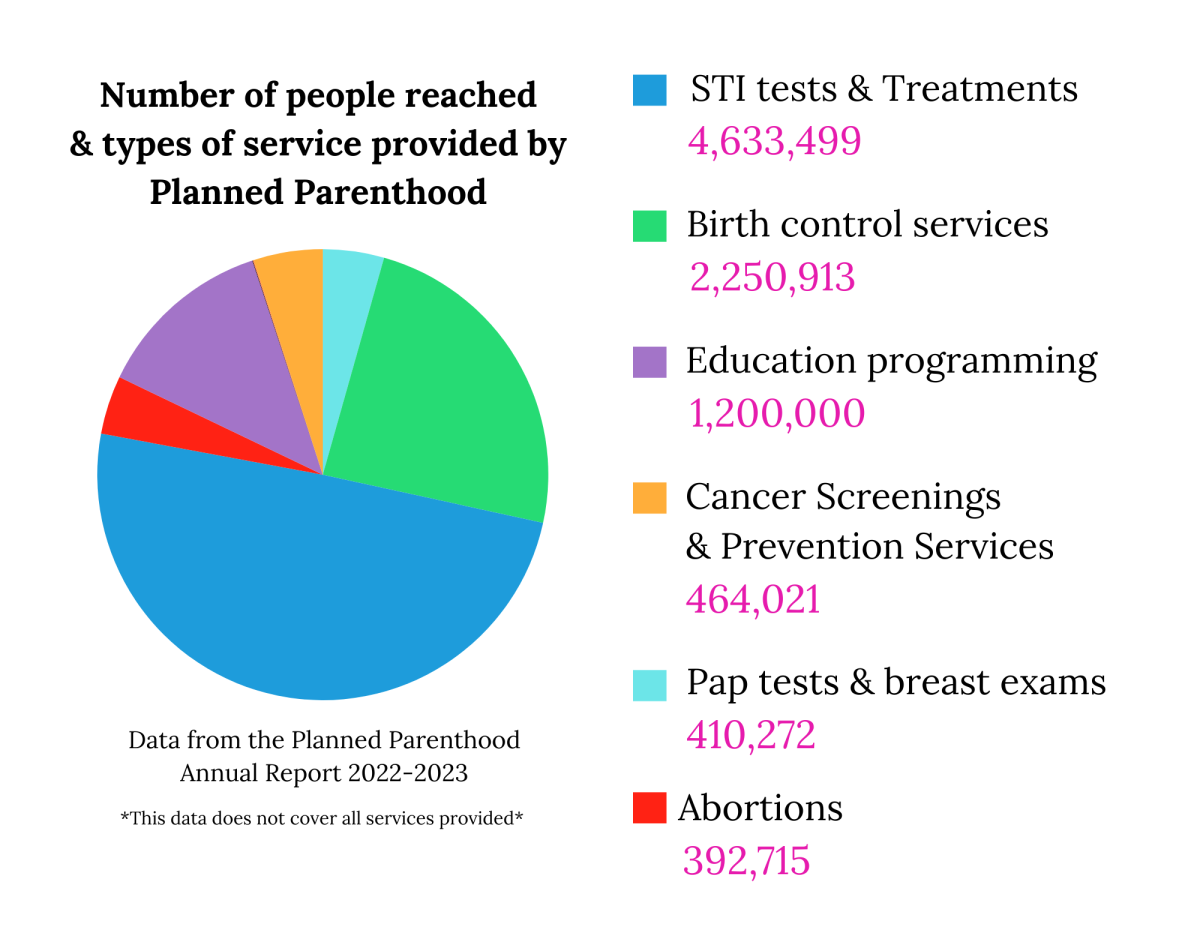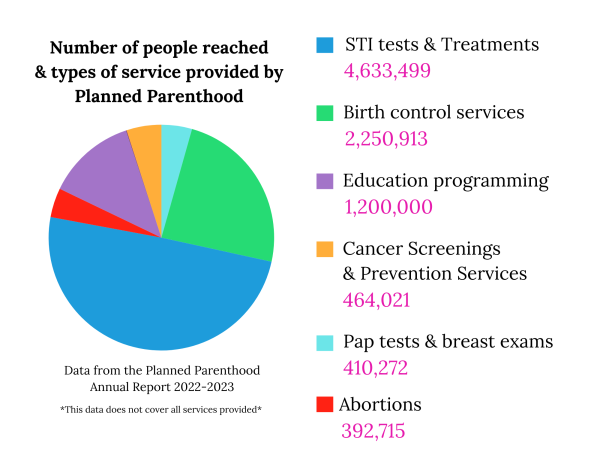Fight for reproductive rights continues
Reproductive rights continue to be debated in South Carolina’s House of Representatives and Senate as legislation introduced a bill that could subject those who get an abortion to the death penalty.
The South Carolina House of Representatives introduced Bill 3549, “South Carolina Prenatal Equal Protection Act of 2023” in January. The purpose of the bill is to define “person” to include any stage of development after fertilization. This will subject abortion to the same punishment as homicide.
South Carolina’s Code of Laws states, “A person who is convicted of or pleads guilty to murder must be punished by death, or by a mandatory minimum term of imprisonment for thirty years to life.”
Department Chair of Women and Gender Studies Ina Seethaler said this bill is particularly outrageous as it makes no exceptions for rape, incest, or medical emergencies. She said under this bill, people who need an abortion to preserve their own life would go on trial.
“They could then use self-defense as justification for having committed homicide,” Seethaler said. “But there would still be a trial and it would still be prosecuted.”
President of ILLUMINATE, an anti-abortion advocacy group at Coastal Carolina University, Jessica Newell said she is completely against this bill because women should not be punished for having abortions as they are also victims of “the abortion industry.” She would rather those who get abortions receive counseling.
Newell also said her organization is against the death penalty and does not agree it should be a punishment for abortion.
“ILLUMINATE is a consistent life ethic organization so, we want to be anti-death penalty, anti-abortion, and anti-euthanasia,” Newell said. “It is so hypocritical to be pro-death penalty and anti-abortion. If it is a human being like we say it is, then they deserve equal protection.”
Former President of Coastal College Democrats Sarah Grossbauer said due to South Carolina’s majority Grand Old Party legislation, the extreme antiabortion bill will most likely be passed into law. However, once passed into law, Grossbauer said Planned Parenthood or the ACLU will have the opportunity to sue the state and go to trial.
“Usually, court cases like this would end up in the South Carolina Supreme Court,” Grossbauer said. “Usually, the Supreme Court is where you find that middle ground.”
South Carolina Supreme Court struck down the Fetal Heartbeat and Protection from Abortion Act in January, but the state’s Senate recently passed S. 474 which amends the act and includes an exception for an abortion because of rape or incest in the first 12 weeks of pregnancy.
Seethaler said she is hopeful the bills won’t be passed but is concerned since Justice Kay Hearn, the only female Justice, recently retired.





























